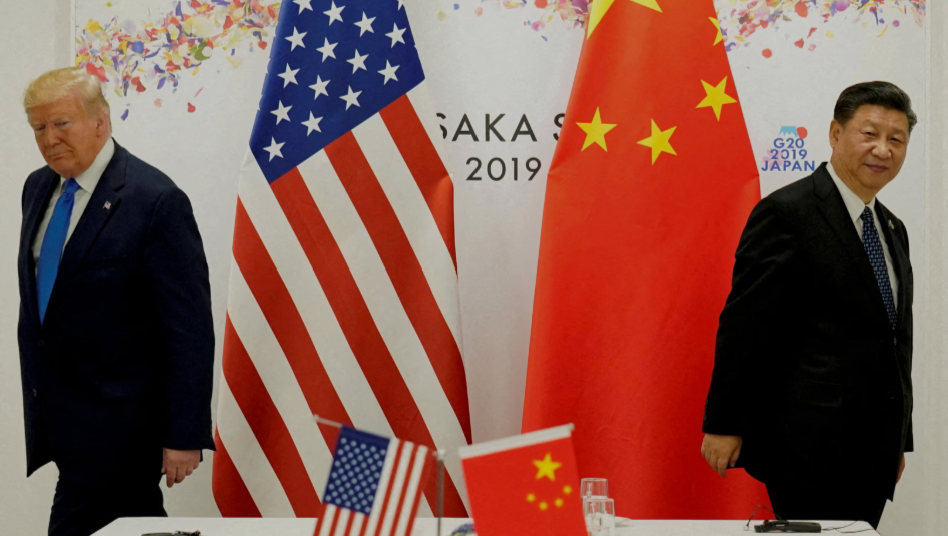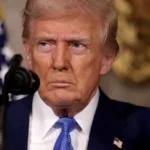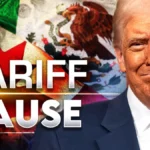“When America is punched, the president punches back harder,” Leavitt says, confirming sweeping escalation in the U.S.-China trade war.
The White House confirmed Tuesday that U.S. tariffs on Chinese imports will surge to a staggering 104% at midnight tonight, following China’s 34% retaliatory duties on American goods last week. The move marks the most aggressive single escalation in the trade war to date and signals the near-total collapse of diplomatic space between Washington and Beijing.
“It was a mistake for China to retaliate,” said White House Press Secretary Karoline Leavitt at this afternoon’s briefing.
“The president, when America is punched, he punches back harder. That’s why there will be 104% tariffs going into effect on China tonight at midnight.”
What Just Happened?
Last week, China responded to President Trump’s initial 54% tariff package by imposing a 34% blanket duty on all U.S. imports. Trump fired back immediately, threatening another 50% tariff—and now, it’s official.
“The Chinese want to make a deal, they just don’t know how to do it,” Leavitt told reporters bluntly when asked if the door was still open for negotiations with President Xi Jinping.
Trump’s updated tariff directive—shared yesterday on Truth Social—warned Beijing that unless it reversed its retaliation by April 8, Washington would respond with “ADDITIONAL Tariffs of 50%, effective April 9.”
Beijing refused to back down, instead vowing to “fight to the end,” while activating a series of countermeasures, including export restrictions on rare earths and warnings to key Chinese exporters to diversify their supply chains.
Markets in Freefall, Businesses Sound Alarm
The unprecedented 104% total tariff rate on Chinese goods is now expected to hit $500 billion worth of trade, with categories ranging from consumer electronics and clothing to semiconductors and auto parts. Global markets have already lost over $5 trillion in value since Trump’s initial “Liberation Day” tariff announcement.
Business leaders from Silicon Valley to Wall Street to Midwest manufacturing hubs have warned the White House that the new levies could crush earnings, increase layoffs, and severely delay U.S. growth.
But Trump’s administration isn’t budging.
“The rip-off is over,” Commerce Secretary Howard Lutnick said earlier this week. “This is about American sovereignty and security. It’s not up for negotiation—at least not on China’s terms.”
Next: Total Trade Breakdown?
As of now, the U.S. and China are not in active talks—despite behind-the-scenes diplomatic pressure from allies including Germany, Australia, and South Korea.
Trump has said a deal with China would only be possible if Beijing commits to $350 billion in energy purchases, ends export subsidies, and drops WTO challenges. China has called those conditions “delusional.”
What’s at Stake?
With inflationary risks rising and recession warnings flashing red, economists are warning that global growth may be heading off a cliff. The International Monetary Fund (IMF) is expected to revise global forecasts downward this week, and JPMorgan, Goldman Sachs, and Barclays have all placed U.S. recession odds above 60% if tariffs stay in place through the summer.
Trump, however, says the pain is worth it.
“This is an ECONOMIC REVOLUTION,” he posted again Tuesday. “We will WIN. Just HANG TOUGH.”










